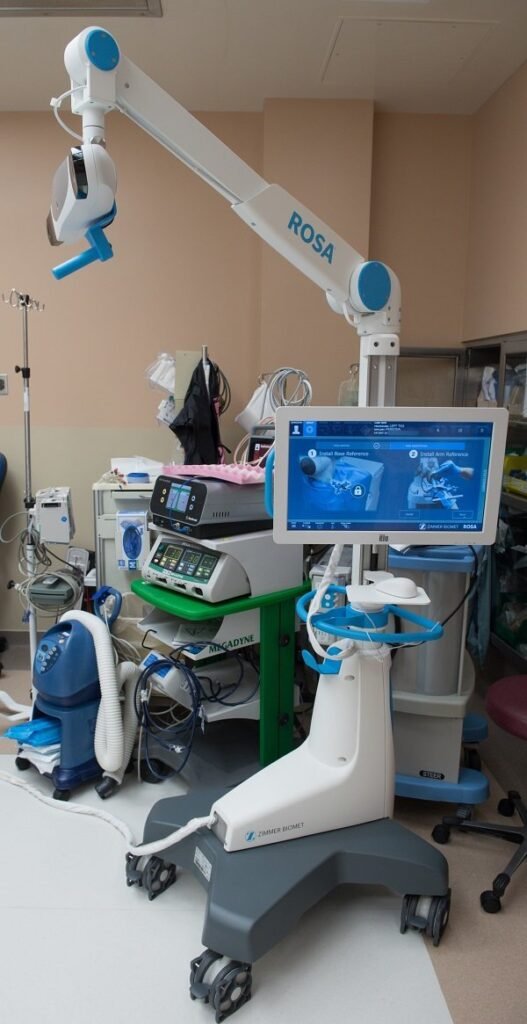PCOS
Polycystic ovary syndrome (PCOS) is a complex endocrine disorder that affects many women of reproductive age. One of the most significant challenges faced by women with PCOS is the increased risk of obesity. PCOS and obesity often go hand in hand, creating a vicious cycle that can be difficult to break. Here, we will explore how PCOS causes obesity.
- Insulin Resistance: Insulin resistance is a hallmark of PCOS. It occurs when the body’s cells become less responsive to insulin, a hormone responsible for regulating blood sugar levels. When cells become resistant to insulin, the pancreas produces more insulin to compensate, leading to elevated levels of insulin in the bloodstream. Insulin resistance promotes fat storage, particularly in the abdominal area, and inhibits the breakdown of stored fat. This metabolic imbalance contributes to weight gain and makes it challenging for women with PCOS to lose weight.
- Hormonal Imbalances: PCOS is characterized by hormonal imbalances, including higher levels of androgens (male hormones) such as testosterone. These imbalances can disrupt the normal functioning of the ovaries and result in irregular or absent menstrual cycles. The excess androgens also contribute to weight gain. Testosterone, in particular, promotes the accumulation of visceral fat, which is deep abdominal fat associated with a higher risk of obesity-related complications.
- Increased Appetite and Cravings: Many women with PCOS experience an increased appetite and intense cravings, especially for high-calorie, sugary foods. This can be attributed to the dysregulation of hormones involved in appetite control, such as insulin, leptin, and ghrelin. Insulin resistance and hormonal imbalances disrupt the signaling pathways responsible for satiety and hunger, leading to overeating and weight gain.
- Slow Metabolism: PCOS can also affect a woman’s metabolic rate, making it harder to burn calories efficiently. Studies have shown that women with PCOS may have a slower resting metabolic rate, which means their bodies burn fewer calories at rest compared to women without the condition. A slower metabolism makes weight loss more challenging and increases the likelihood of weight gain.
- Psychological Factors: Dealing with PCOS can have a significant impact on a woman’s mental and emotional well-being. The physical symptoms, such as weight gain and difficulties in losing weight, can lead to body dissatisfaction and lower self-esteem. Emotional stress and anxiety can trigger emotional eating, leading to weight gain or difficulty in managing weight effectively.
- Sedentary Lifestyle: Women with PCOS may be more prone to leading a sedentary lifestyle due to the physical discomfort caused by symptoms such as irregular periods, pelvic pain, or excessive hair growth. Lack of physical activity contributes to weight gain and exacerbates the metabolic and hormonal imbalances associated with PCOS.
It is important to note that not all women with PCOS will experience obesity, and individual factors such as genetics and lifestyle choices also play a role. However, the combination of insulin resistance, hormonal imbalances, increased appetite, slow metabolism, psychological factors, and a sedentary lifestyle often contributes to weight gain and obesity in women with PCOS.
Managing PCOS-related obesity requires a comprehensive approach that includes lifestyle modifications, such as a balanced diet, regular exercise, stress management, and possibly medication to address insulin resistance and hormonal imbalances. By addressing these factors, women with PCOS can break the cycle of obesity and improve their overall health and well-being. Dr. Dalal provides PCOS symptom management in pune along with PCOS treatment in pune.


Dr. Shrikant Dalal
MBBS, DNB - Orthopedics/Orthopedic Surgery Spine Surgeon (Ortho), Spine And Pain Specialist, Joint Replacement Surgeon

